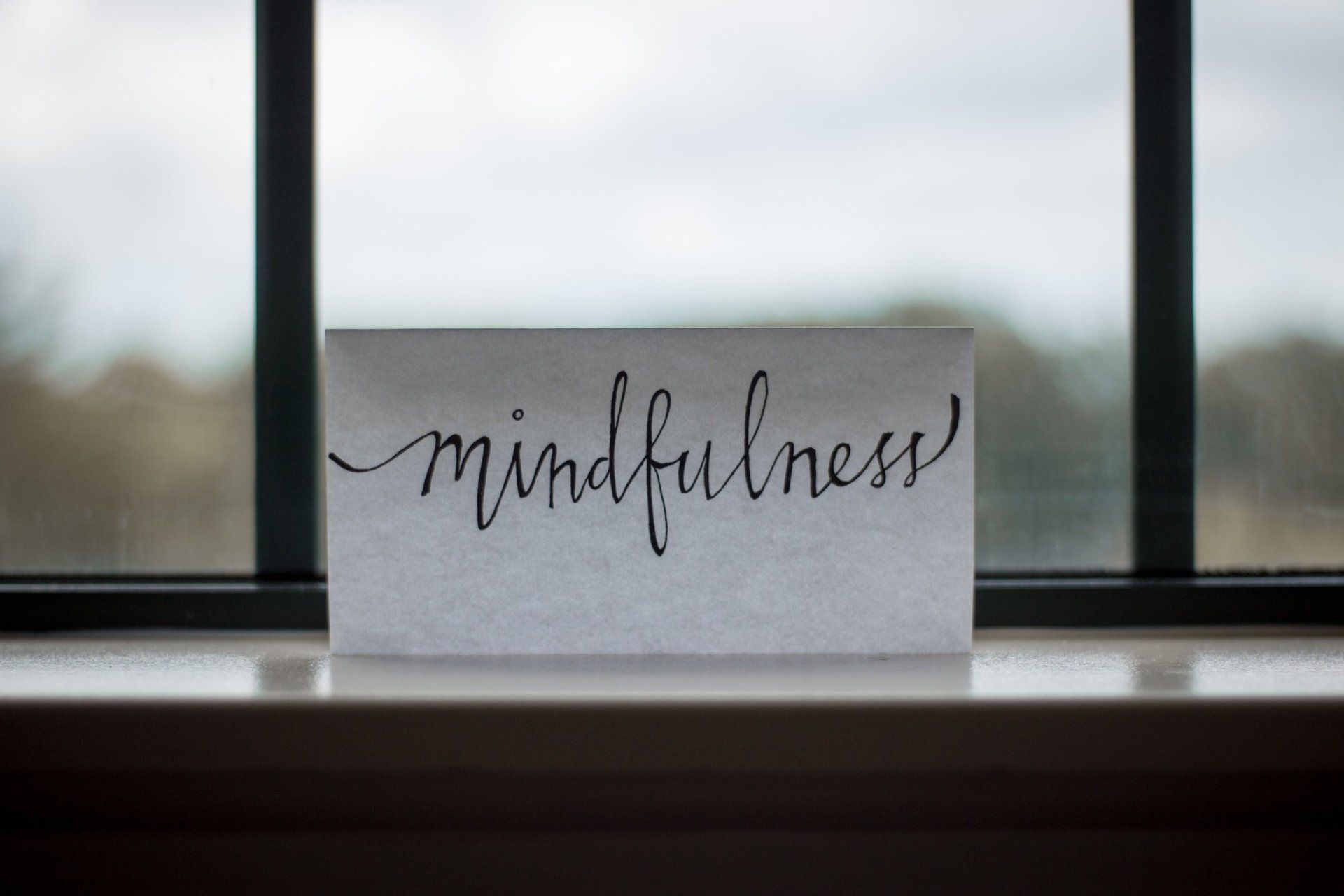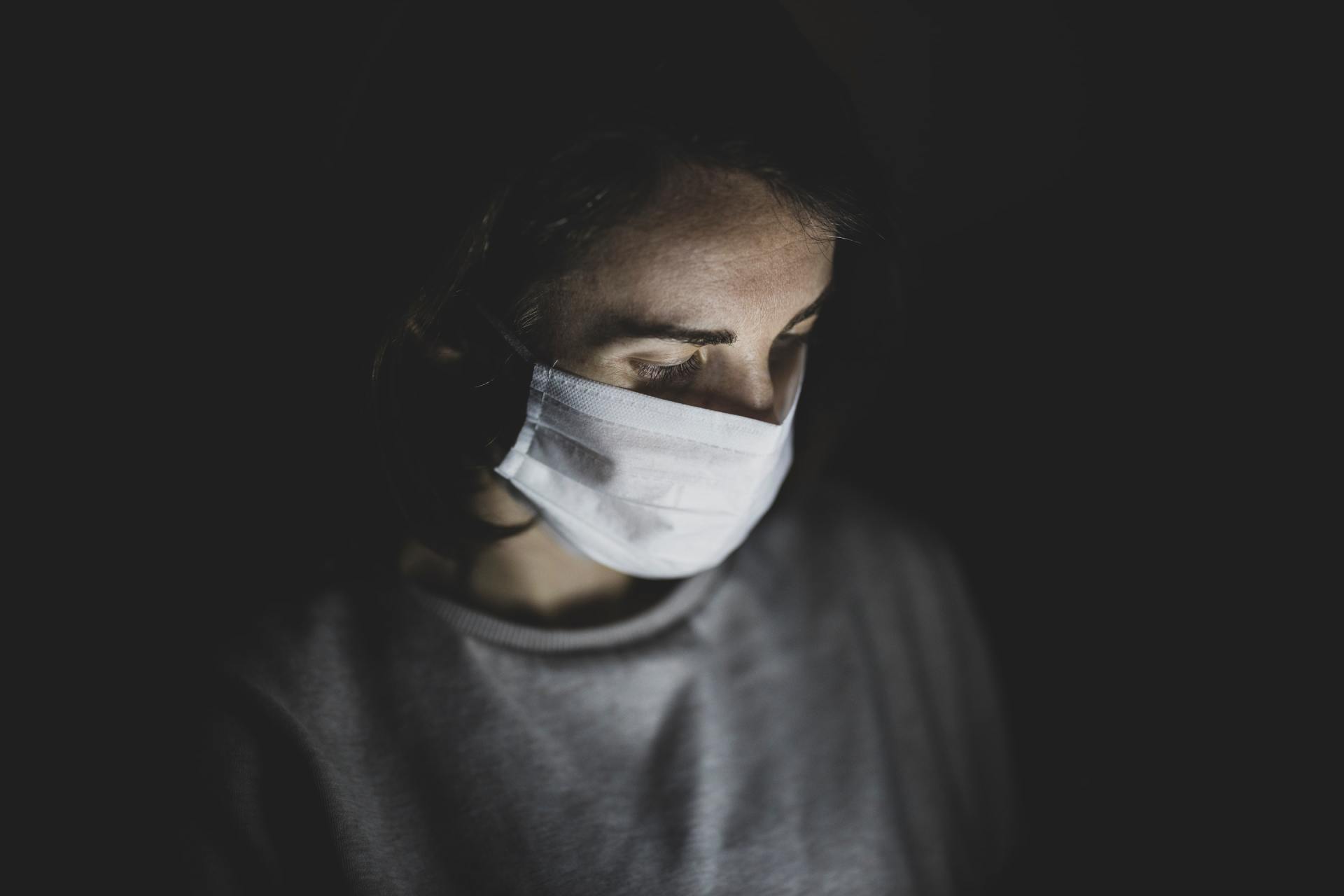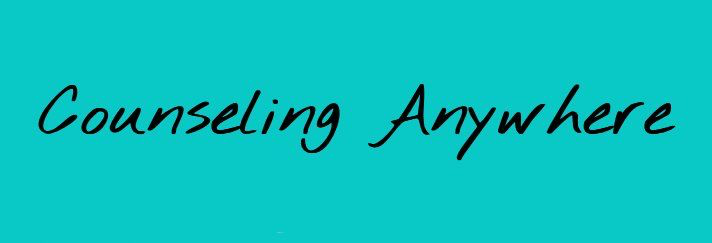Why the Pandemic's End Spurs Anxiety
Stephanie Pappas • May 9, 2021
This is a subtitle for your new post

Each day in the United States, an average of 3.1 million COVID-19 vaccines are going into people’s arms. According to an April 9 White House briefing, a quarter of the country's adults are now fully vaccinated. The pandemic is not yet over, but vaccination could soon yield a much more normal life, especially for those who have been vaccinated. The Centers for Disease Control and Prevention, for example, now recommends that fully-vaccinated people can visit with each other indoors and travel without quarantining.
But for many, reopening comes with its own set of anxieties. According to APA's Stress in America
polling, around half of people say they feel uneasy about readjusting to in-person interaction post-pandemic.
Ellen Hendriksen, PhD, a clinical psychologist at Boston University's Center for Anxiety and Related Disorders and author of How to Be Yourself: Quiet Your Inner Critic and Rise Above Social Anxiety, is an expert at clinical strategies for calming anxiety. She spoke to APA about what's driving post-pandemic anxiety and how psychologists can best help.
What do you think is driving the anxiety many people are feeling about reopening?
Anxiety is driven by uncertainty. There is so much uncertainty right now, from the vaccine roll-out to society reopening to the new normal workplace to the virus and the variants themselves. Every day there is more evidence that vaccines keep us and people around us safe, but there are lingering questions about how long immunity lasts, how susceptible kids are to COVID-19, and when they will get vaccinated.
Nobody alive today has ever emerged from a global pandemic into a digital world and navigated this before. We're making it up as we go along, so of course we're anxious. Here at the Center, we have the longest waitlist in our 25-year history. So many people are emerging from the pandemic feeling exhausted, burned out, anxious, or depressed. Collectively, our resources are low, which makes it harder to navigate the layers of uncertainty.
How can people handle social anxiety and awkwardness around different levels of comfort as places reopen?
The fact that reopening is a moving target makes it difficult to align with other people. You and your bubble might be ready to dine in at a restaurant or get on a plane, but the family next door might have a child who is immunocompromised and is living as they were in January. There are more variables to manage compared with before the pandemic.
Plus, social anxiety is driven by avoidance, and we've all been avoiding social interactions for the better part of a year. The fact that we're all rusty is going to make us feel wobbly as we re-enter.
It's OK to say we don't know how to do this, and it's OK to ask people what they're comfortable with. That normalizes the uncertainty and awkwardness, and it's quite validating to say, “What are we doing?” or “How does this work?” It can help you feel like you are united with the other person against this larger problem, as opposed to negotiating one against the other. This is a strategy borrowed from couples therapy, where it is often highly effective.
How can people feel more comfortable with re-entry?
There's one question I've been getting over and over from people who struggle with social anxiety. They'll say, "I did so much work pre-pandemic to get to the point where I could give a presentation or raise my hand in class." They’re worried they’ll be back at square one when they are again in large groups. But social confidence is like a muscle. If you have done work on your social anxiety in the past, that architecture is still there. It will feel awkward at first, but it will come back faster than the first time around. As for feeling comfortable returning to everyday activities, there are dozens of points of re-entry. There will be a first time on public transportation, a first time in someone's house, a first time taking a rideshare. We'll work our way up to large gatherings.
Just because you feel rusty or nervous doesn't mean you're doing it wrong. It means you're getting back out there. Your brain will recalibrate with experience. We all need love, support, and community. Studies show that the quality of our relationships predict our future health, happiness, and even longevity, so it's worth it to push ourselves a little to get the interaction we all need, even if we are the most introverted of introverts.
What should psychologists keep in mind for helping their clients right now?
Psychologists have a big job ahead of us. It may be hard to balance supporting and pushing our clients simultaneously. It’s important to support each individual’s comfort level and choices, but psychologists also need to notice and address life-limiting avoidance. These are anxious, uncertain times, but there is also a sense of hope and renewal. It is an honor that we as psychologists get to play a leading role.
Article by Stephanie Pappas

Mindfulness encompasses a variety of definitions although most are similar in concepts. Mindfulness is described as an awareness that arises from purposely paying attention in the present free from any judgements. Mindfulness is a state of awareness of ones emotions, thoughts, and sensations when each occurs. A third definition of mindfulness is a nonjudgmental state of awareness of present experiences. Various interpretations exist dependent on the context in which mindfulness is being examined. For example, mindfulness can be examined in improving emotional regulation and as a coping tool for stress management. Mindfulness is being in the present moment in ones body in a fully conscious state, aware of ones own experiences without judgement or narrative- just being in the moment in the here and now with an acceptance of how things are; being aware of our own thoughts, emotions, sensations without being caught up in them- an outside observer of self with an awareness of the moment. Mindfulness can be used throughout the day when walking, eating, and whenever feeling emotionally “charged” to step back and observe internal experiences. Yoga, meditation, and breathing are a few ways to cultivate mindfulness. Being mindful allows for intentional actions and responses rather than living on autopilot without being aware. The benefits of mindfulness are plentiful, and a regular practice is beneficial for enhancing wellness. Being able to stop and really get into the here and now and out of automatic unconscious living enhances feelings of well-being and an ability to respond more effectively with emotional control. Mindfulness can improve experiences and interpersonal relationships alike. Mindfulness is Intentional Living. Give it a try and see what happens. How do you define mindfulness? How do you cultivate mindfulness in your daily life?

Imagine you are sitting in a car, and you are driving down a lonely highway. Suddenly, in the middle of nowhere, a warning light goes off. Your oil pressure is very low. If you just ignore it and continue your drive, you run the risk of doing serious damage to your engine. You know you can get a tow, but this is going to take a while. As you are considering your next step, you suddenly remember a trick about how you can short circuit the warning light. This would not change anything about the engine—it would still be starved for oil—but the low-pressure signal would no longer be blinking on your dashboard, and you could ignore it more easily. Here’s the question: Should you do it? Unless you are seriously intoxicated (at which point you shouldn’t be driving at all), you won’t hesitate to say “no” to that impulse. Rightly so. Turning off the light will not do anything for you. The light is just the messenger, and not the problem in itself. Instead, you would be better advised to take in the information and deal with the situation. This is easy and intuitive to understand when it comes to external problems like car maintenance. It’s much more confusing, however, when the problems occur internally. When we are confronted with difficult emotions like anxiety, depression, stress, grief, anger, or loneliness, we are quick to search for the off-button on our emotional dashboard instead of taking in the messages they contain. Make it stop! Give me the wine and cigarettes. Let me cancel this appointment. Engage me on social media. Show me the movies and video games. Do whatever, but just make it stop! This is often our first response when difficult emotions show up: We try to mute the signal. But emotions are not the problem. They are merely messengers. And the messages they carry deserve at least to be heard. They often contain important lessons, and can call us to helpful actions. Often they show us opportunities. What Emotions Can Signal Fear might show us that danger is up ahead, and we better prepare ourselves. Loneliness might urge us to prioritize close relationships. Grief might open us up to what is important and meaningful to us, while calling out for social connection and support. Your dashboard doesn’t need to be covered up. It needs gentle attention. No, the dashboard isn’t everything—you still have a road to see and navigate. When emotions arise, you can ask yourself: “What am I feeling right now?” and “Where can I feel it?” and “What does my emotion ask me to do?” and “What does this suggest I am yearning for?” No one turns their driving over to a dashboard, but questions like these help our emotions play their proper role. If it were just negative emotions, this “turn off the indicator” move would be bad enough, but we are similarly incompetent when it comes to positive emotions. Imagine noticing on your car’s dashboard that your fuel tank is full. Oh, joy! You want it to stay this way, and so you decide to rewire so that the gauge always remains full. And people avoid positive emotions too! When we feel joy, we sometimes focus on how we will feel when it goes away, so we try never opening up to joy at all. That would be like the person who just disconnects the fuel gauge altogether so that she will never be disappointed when the fuel runs out because she never allowed herself to notice it was full in the first place. All of this is self-defeating, and yet it’s exactly what many of us do when we feel happy or sad or anxious or hopeful or depressed or satisfied. We like feeling this way, and never want it to stop, and so we cling onto this pleasant feeling, in the hopes of never losing it. Or we detune so it won’t be noticed when it stops, as if being numb is the definition of happiness. We dislike feeling this way, so we push it away as if feelings are the enemy. Feelings are not just about like and dislike. They are how our past and present impact us. They help train our ability to notice what is present, based on what we’ve experienced in the past. They’re like dashboard gauges that help us adjust to the challenges of our life journey. Emotions are temporary. They aren’t meant to be avoided, nor are they meant to be clung to. They are meant to come and go, flowing through you in their own time. They contain important lessons when things are off, and beautiful rewards when things fall into place. Allowing emotions to be there when they occur, to listen closely to their message, to feel them fully with neither clinging nor needless defense, allows them to serve their proper role. Your emotions are not the problem, so feel fully, embrace the change, move forward, and learn how to drive. For more on the Author: Steven C. Hayes, Ph.D.

We’re more than one year into the global pandemic that has kept many Americans sequestered in their homes and taking precautions to prevent the spread of COVID-19 when they go out. Not surprisingly, these changes in how and when we interact with others has led to changes in our mental and physical health. Among those changes, emerging data show that many Americans have gained weight, are drinking more alcohol, and are not sleeping well. A nationally-representative survey of 1,500 Americans conducted this year by the American Psychological Association found that more than 40 percent of Americans gained “more weight than they intended” during the pandemic. The average weight gain was 29 pounds, with 10 percent of participants reporting more than 50 pounds of weight gain. In addition, 18 percent of Americans reported losing more weight than they wanted to; the average amount of weight lost among this cohort was 26 pounds. In addition to weight changes, more than two-thirds of adults reported sleeping more or less than they wanted to. Nearly a quarter reported drinking more alcohol to cope with the stress of the pandemic. And more than 30 percent reported increased mental health issues since the start of the pandemic. Parents, essential workers, and minorities have fared worse The survey also collected information on specific groups of Americans; for example, parents. The data show that parents experienced more mental and physical health problems than others. Nearly half of mothers reported a decline in their mental health since the start of the pandemic, compared to 30 percent of all adults. Nearly half of fathers reported drinking more during the pandemic. Compared to the general population, parents were significantly more likely to have received treatment from a mental health professional and to have been diagnosed with a mental health disorder since the pandemic began. The pandemic has also taken a heavy toll on essential workers. More than half report relying on “unhealthy habits” to cope with pandemic stress. Such workers were more than twice as likely as adults who are not essential workers to have been diagnosed with a mental health disorder since the coronavirus pandemic emerged. Finally, racial minorities were more likely than others to report health declines during the pandemic. Both Black and Hispanic adults were more likely to report trouble sleeping and weight gain than white adults. In addition, Black participants expressed more concern about the future and more anxiety about re-adjusting to in-person interactions. A separate study published in the fall underscores the increase in alcohol consumption among Americans. Researchers surveyed a nationally representative sample of 6,000 Americans to find out how often participants drank alcohol and how much they drank. Researchers found that participants had increased the number of days they consumed alcohol by 14 percent during the pandemic. In addition, women reported a 41 percent increase in heavy drinking — four or more drinks in a short time period — and significantly more adverse consequences related to alcohol consumption. The take-home message: The global pandemic has taken a significant toll on Americans’ physical and mental health beyond illness related to COVID-19. About the Author: The Bronfenbrenner Center for Translational Research (BCTR) at Cornell University is focused on using research findings to improve health and well-being of people at all stages of life. Visit Cornell University’s Bronfenbrenner Center for Translational Research’s website for more information on our work solving human problems.


